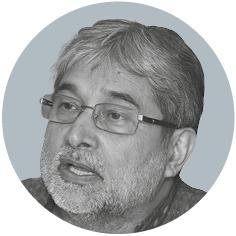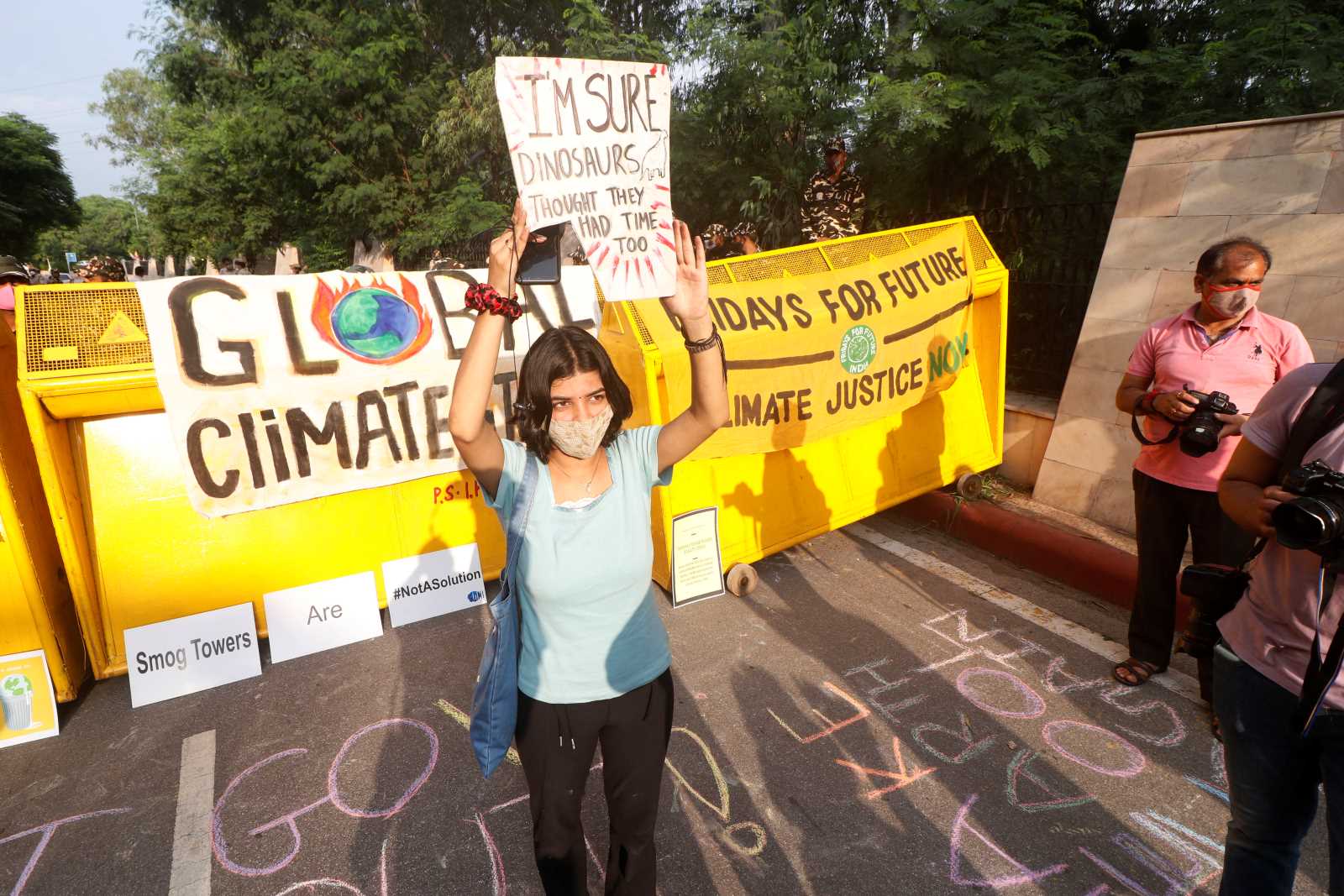Multilateral agenda
Walk the talk regarding SDGs

When international-development efforts began after World War II, the focus was on per-capita growth. The idea was that, if there was enough domestic resource mobilisation, or donor countries’ aid triggered growth somewhere, society as a whole would prosper.
It soon became obvious that the distribution of incomes and wealth matter very much, however. Masses of people in newly independent states lacked basic necessities, and economic growth as such did not make a real difference. Unmet needs included food, safe drinking water, basic education and basic healthcare. Accordingly, development thinkers began to promote the basic needs approach.
Over the decades, the paradigm was further developed. In 1999, Amartya Sen, the economist and Nobel laureate, published a book with the title “Development as Freedom”. Its message is that development must empower all people to take their fate into their own hands. In Sen’s eyes, social justice matters very much because, even in a prosperous society, poor people are largely denied important opportunities regarding education, employment and healthcare. Technological progress has opened up unprecedented perspectives to individual people, but persons from disadvantaged communities hardly have offers for escaping poverty.
Sen left his mark on development theory. Earlier work of his had inspired the Human Development Index (HDI), which the UNDP (UN Development Programme) launched in 1990. The UNDP has since kept publishing an annual update, while widening the scope of indicators. The HDI does not only rely on GDP statistics, but also on health and educational statistics. It is the most elaborate measure of development we have, and the methodology has been improved continuously over the years.
In 2000, the UN adopted the Millennium Development Goals, which were clearly inspired by Sen and his associated such as late Mahbub ul Haq. They largely focused on health and education targets.
Persistent growth fundamentalism
Nonetheless, the international community never really abandoned growth fundamentalism. Mainstream economists, stock markets and the business press still celebrate growth as such. Questions of distributional justice are typically considered an afterthought at best. Whoever raises those questions is often accused of wishful, but harmful thinking, which, if acted upon, would only reduce public welfare.
Part of the problem is that private-sector investors expect to thrive most where growth rates are high. Governments around the world want to attract them. The conventional wisdom is that low taxes are good for growth. Government spending is generally assumed to be wasteful.
It bears repetition that this neoliberal ideology is empirically wrong. North America and Western Europe experienced the fastest growth in the decades after World War II when taxes were high, and governments spent generously on hard and soft infrastructure (including healthcare and public education). Social protection-systems improved, and social disparities narrowed.
In recent decades, market orthodoxy has dominated policymaking around the world, nonetheless. The influence of large multinational corporations has grown, and the superrich have been claiming an ever-larger share of all major economies’ GDP. This trend is incompatible with human development as conceived by Sen because only the personal freedom of a tiny minority increases – and it does so at the expense of all others.
During the Covid-19 pandemic, the number of dollar billionaires in India increased by almost two thirds to 166. At the same time, masses of Indians suffered greatly. Indeed, HDI-data turned out worse in many countries.
While oligarchic interests are becoming stronger around the world, the climate crisis is escalating fast, causing serious hardship among masses of poor people in India and elsewhere. Things are likely to become worse in the future. Our species may lose our planet. We must not allow that to happen.
Multilateral institutions are fully aware of the environmental danger. UN conventions have been put in force to get a grip on global heating, the erosion of biodiversity and the expansion of deserts. Other environmental challenges are being discussed in global negotiations too. Moreover, the UN adopted a follow-up agenda to the MDGs which explicitly includes ecological targets whilst re-emphasising human-development targets. The Sustainable Development Goals (SDGs) re-iterate many good intentions.
Walk the talk
Unfortunately, sensible rhetoric is regularly followed up only by half-hearted action. In doubt, policymakers always prioritise business interests. Governments around the world have a pattern of underinvesting in both social justice and environmental protection. This is a route to disaster. National interests cannot be served by depleting the global common good.
The SDGs are a meaningful agenda but cannot be achieved unless the international community creates an appropriate policy framework. It must do two things:
- spell out how governments can achieve better development results without destroying the natural environment and
- ensure funding is available for related action.
Quite obviously, national governments must assume responsibility. However, there are limits to what a sovereign state can achieve. On the one hand, issues like global heating exceed its national jurisdiction. On the other hand, market-orthodoxy quite radically limits governments’ fiscal capacities because it prioritises corporate interests. In particular, low-income countries have precious little scope for independent action.
Humankind needs more and more effective cooperation. The sad truth is that we are unlikely to get it. Cooperation requires consensus or at least compromise. Increasing polarisation, especially between the two superpowers China and USA, is making both more difficult to achieve. Sadly, neither of the two nor their most important allies are setting the kind of example we need.
Praveen Jha is a professor of economics at Jawaharlal Nehru University in Delhi.
praveenjha2005@gmail.com


















